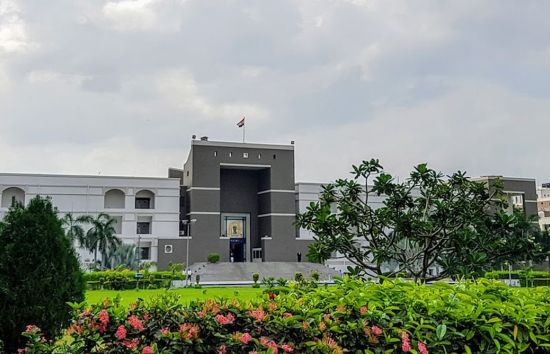Lekha G –
The Gujarat High Court has reserved an order on maintainability on a batch of petitions challenging the Gujarat Prohibition Act, 1949 on grounds of “Manifest arbitrariness” and violation of “Right to privacy”.
The petitioners had contended that the validity of prohibiting the consumption of alcohol was not decided by the Supreme Court and the challenge to the legislation was only to the limited extent of medicinal and toilet preparation.
Advocate Mihir Joshi appearing for the petitioners argued that the Supreme Court itself in its judgment had noted that the said matter was not disputed before it in view of the Directive Principles of State Policy.
It was further submitted that the, “Constitutional Rights are not issues which the State should insist to be thrown out at the threshold. Your Lordships in this case will be examining whether the right to privacy recognized in 2017 includes a choice of intoxicating drinks. This cannot be held to have been answered in negative in a Judgment of 1951.”
Advocate General Kamal Trivedi argued that the Supreme Court had decided the validity of the Act as whole in the Balsara judgment by examining Article 14, 19 (1)(f) of the Constitution, thereby upholding Sections 12, 13 of the Act and hence the High Court is bound by it under Article 141.
Entry 51 was also cited to show that the State is excluded from regulating medicinal and toilet preparations containing alcohol. Also, responding to petitioners’ contention that certain provisions validity decided by the Supreme Court in 1951 was “Materially amended”, Mr Trivedi said the amendments are “Cosmetic” in nature and the substance of original provisions were kept intact.
Advocate Devan Parikh appearing in support of petitioners said, “Ratio decidendi is a statement of the law, applicable to the legal problem raised by facts. Other elements of a Judgment are not binding,” and the Supreme Court’s judgment deciding competence of legislature is still open to other parties to challenge it as violative of their fundamental rights.
The petitioners had moved the High Court stating the new grounds challenging the petition had been laid down by the Supreme Court in several cases after 2017.

